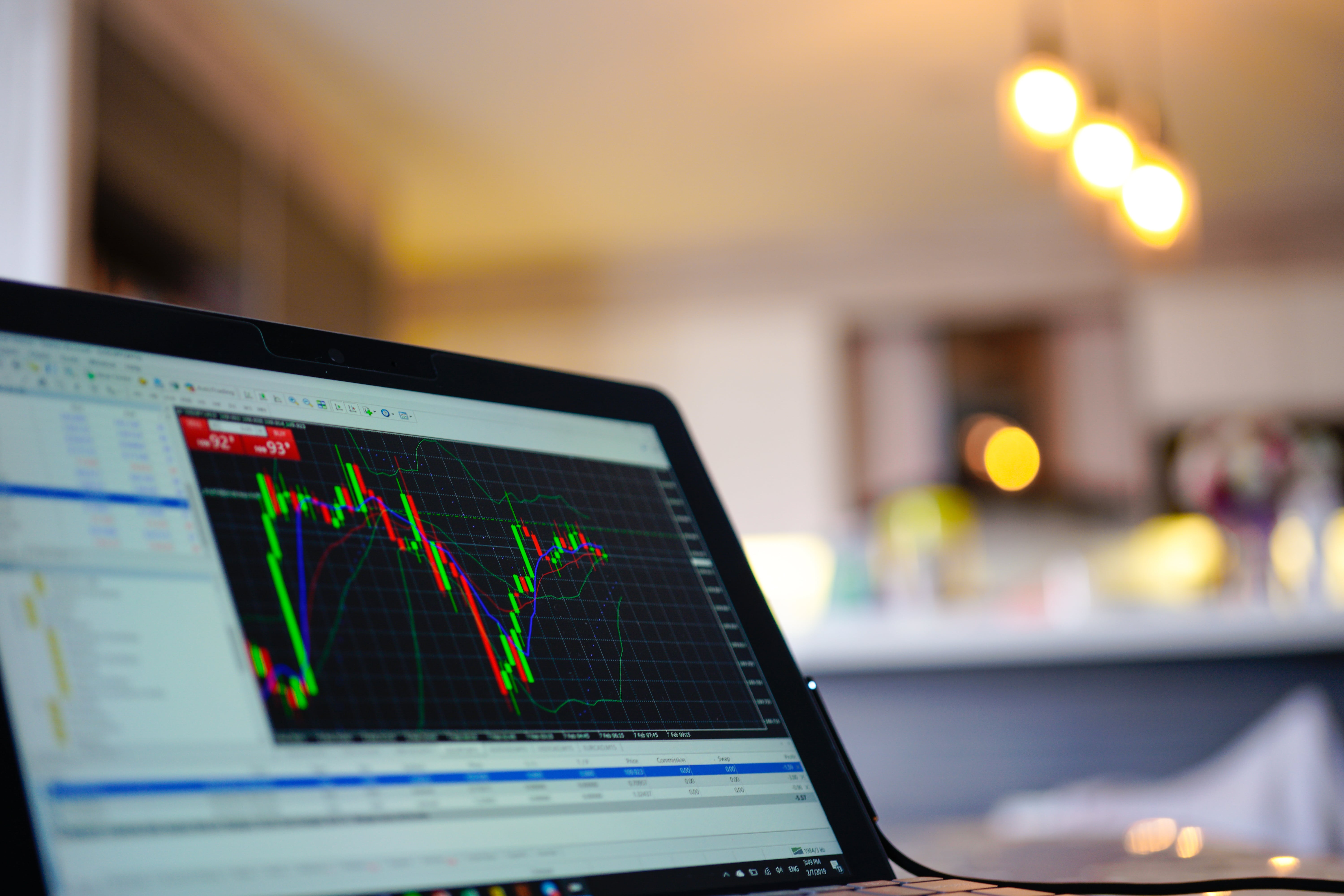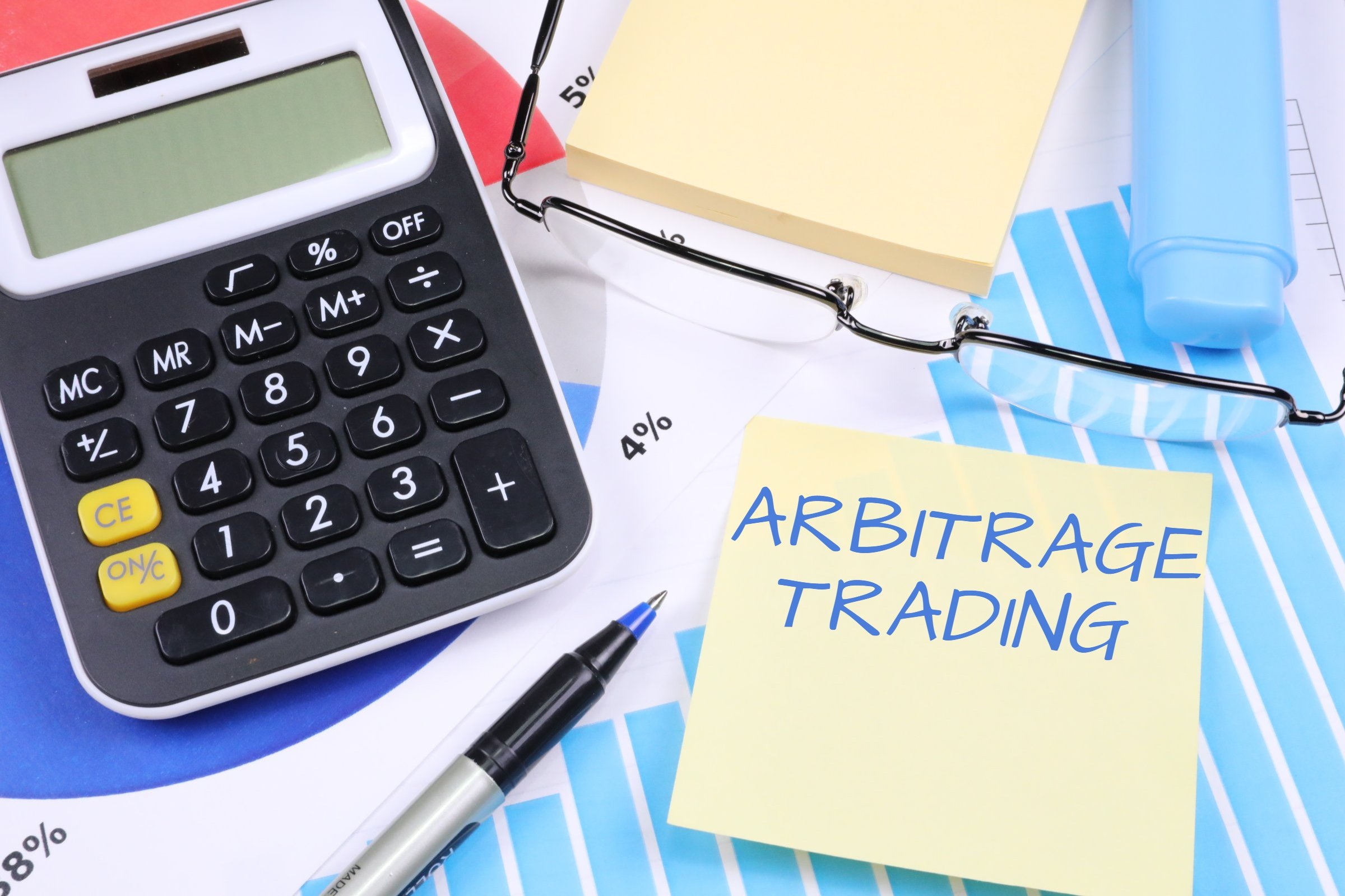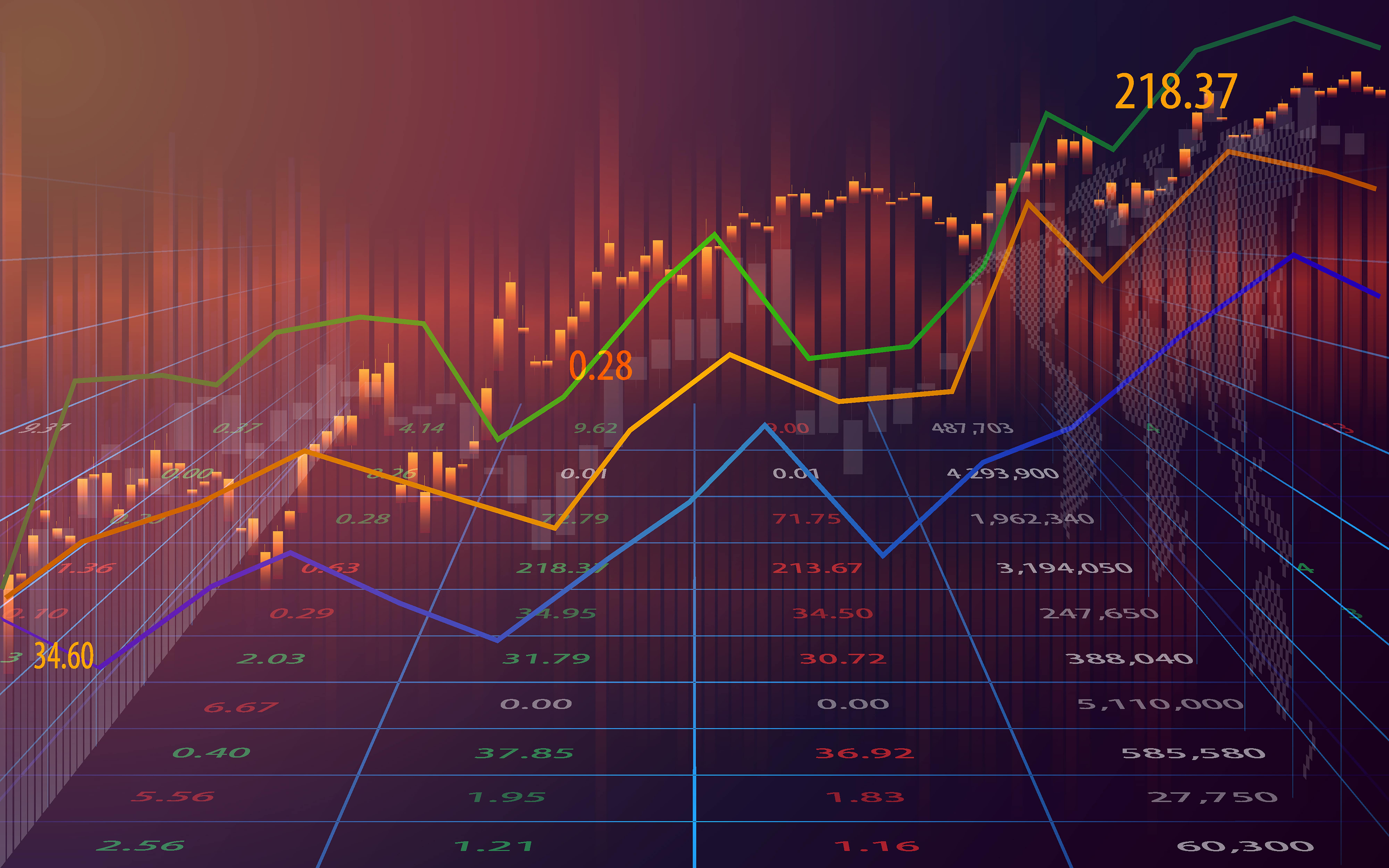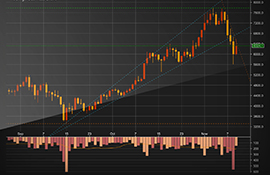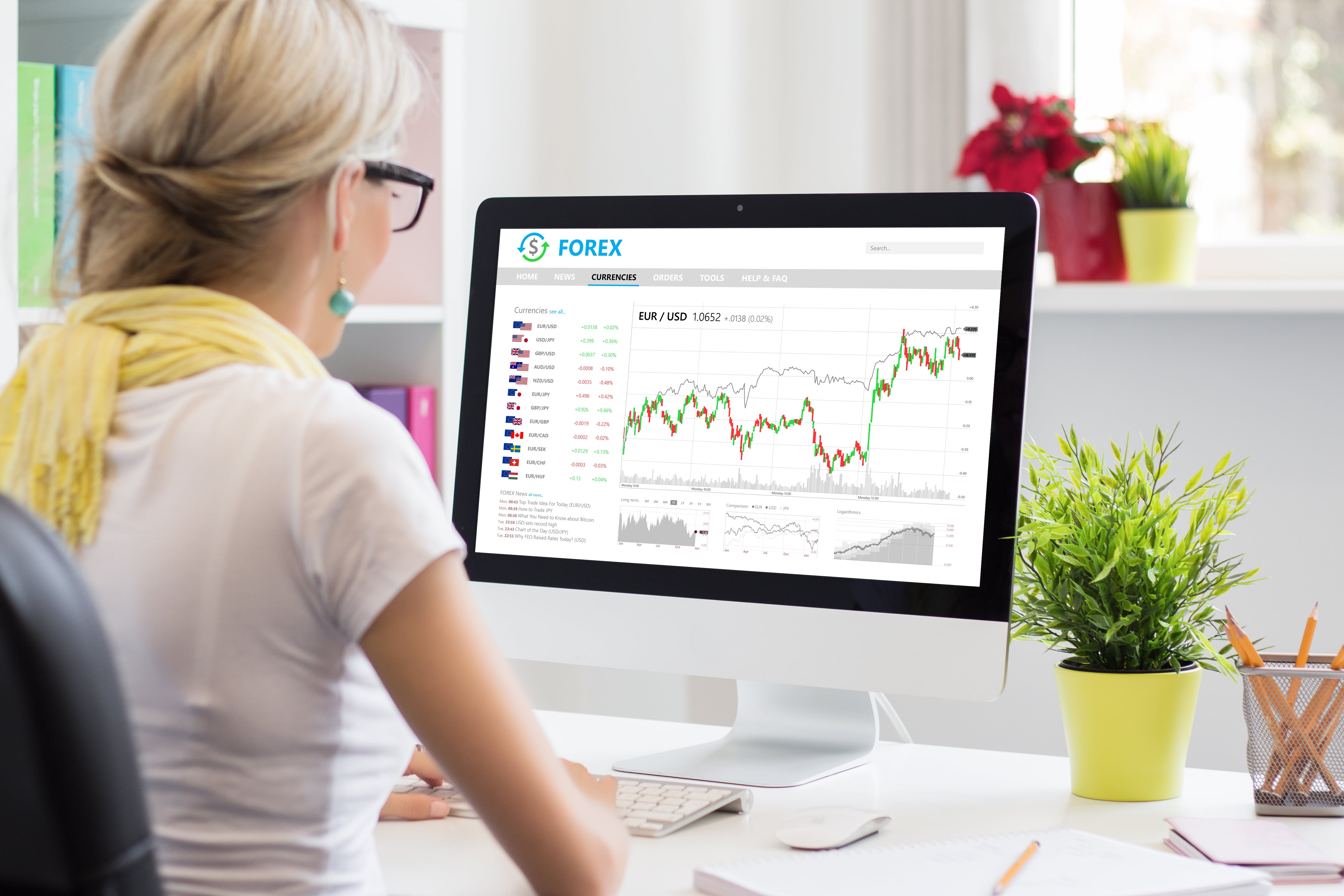Structure of Foreign Exchange Market
There are principal players in the foreign market, their position and places are listed below. The foreign exchange market is a market where buyers and sellers participate in the buying and selling of foreign currency. In other words, the market where currencies of different countries are exchanged is called the foreign exchange market. The structure of the foreign exchange market are as follows:
- Central banks
- Commercial banks
- Brokers
- Exporters
- Investors
- Tourists
- Immigrants
- Importers
So what are the functions of the foreign exchange market, and what are the types of foreign exchange markets? Keep reading our article to find out more.
Understanding the Foreign Exchange Market
There are a few simple steps to understand the structure of the foreign exchange market. The first of these steps is the Forex market itself. The Forex market is the name of the organizational structure where these different national currencies are bought and sold.
Various transactions that can take place in the foreign exchange market arise concerning the appreciation or depreciation of two competing currencies. When it occurs that one currency revalues so its price rises compared to the other, which means exports, inflation, the Consumer Price Index (CPI), and investment fall. Such a thing is positive for the sectors that make purchases from abroad.
Functions of Foreign Exchange Market:
The functions of the fx market is important to understand the structure of the foreign exchange market are as follows:
The principal function of the market is the realization of trade and capital flows.Payments between persons engaged in import and export are provided through the foreign exchange market.
Avoiding exchange rate risks in the foreign exchange market is generally ensured by arbitrageurs and the futures market.
Types of Foreign Exchange Market
Foreign exchange markets are one of the most important financial markets in the world. Their role is significant in the international payments system. For them to play their role effectively, their operations/businesses need to be reliable. Reliable deals with the fulfillment of contractual obligations. You can see the main currency markets below:
1. Spot Markets2. Forward Markets
3. Future Markets
4. Options Markets
5. Swap Markets
These are the quickest transactions involving currency in the foreign exchange market. This market provides immediate payment to the buyers and sellers as per the current exchange rate. The spot market accounts for almost one-third of all currency exchange, and trades usually take one or two days to settle transactions.
In a forward agreement, both parties agree to make a trade at a specified price and amount at a future date. No security deposit is required as no money changes hands when the deal is signed.
The future markets offer solutions to several problems encountered in forward markets. Future markets work on similar lines as the forward markets in terms of basic philosophy. However, contracts are standardized, and trading is centralized. There is no counterparty risk involved as exchanges have a clearing corporation, which becomes the counterparty to both sides of each transaction and guarantees the trade.
Option Markets
Before we learn about the options market, we need to understand what an Option is. An option is a contract, which gives the buyer of options the right but not the obligation to buy or sell the underlying at a future fixed date (and time) and a fixed price.
Swaps, Futures, and Options are defined derivatives because they derive their value from the underlying exchange rates.
At ALB Limited, our goal is to provide products and services of universal quality and standards. Follow us for more information.
